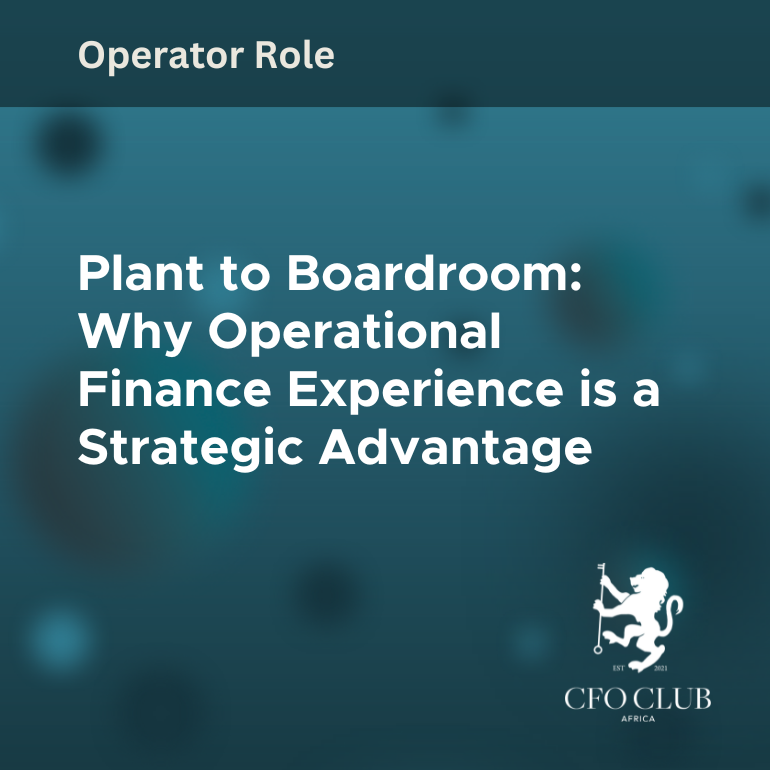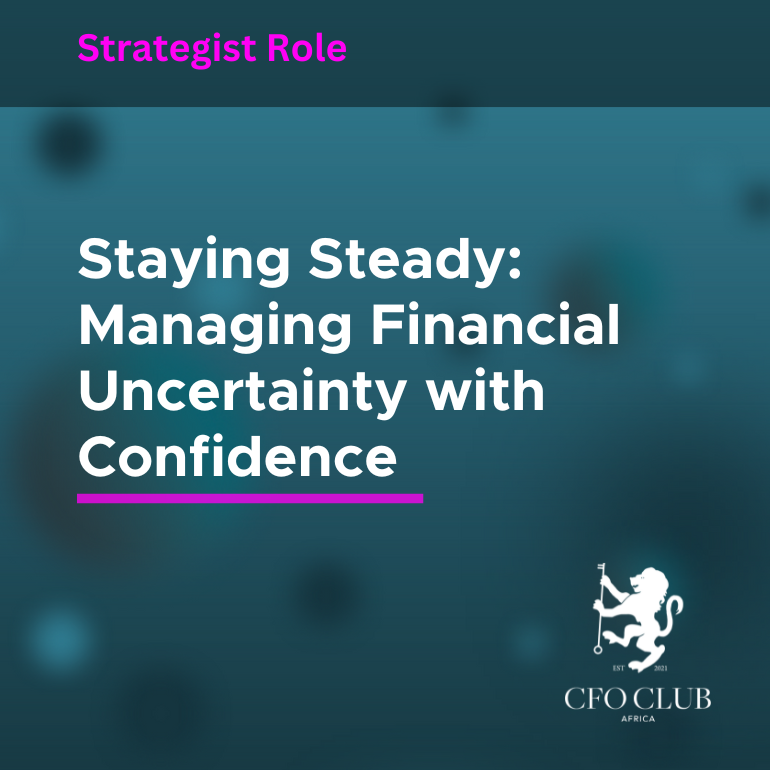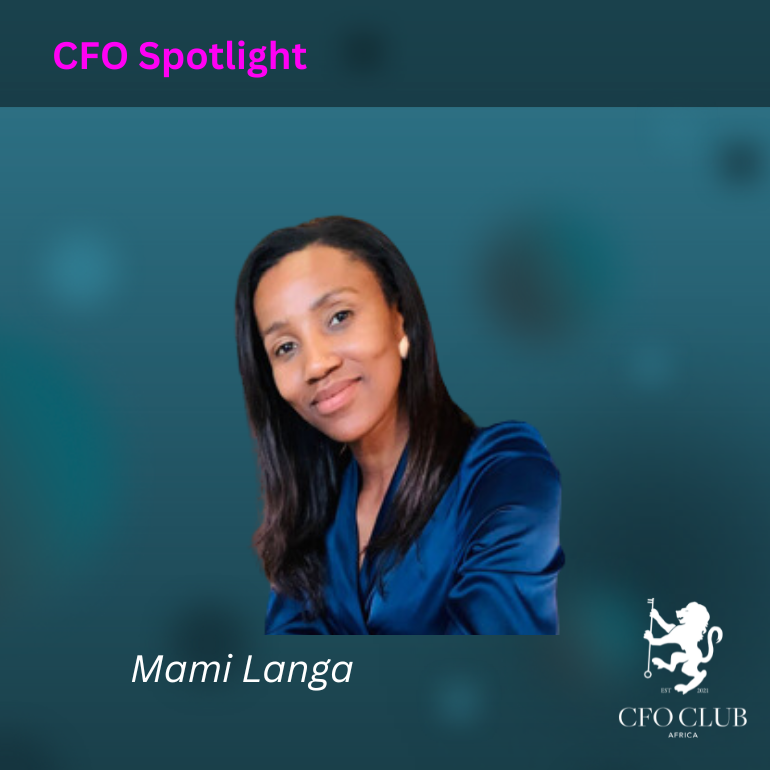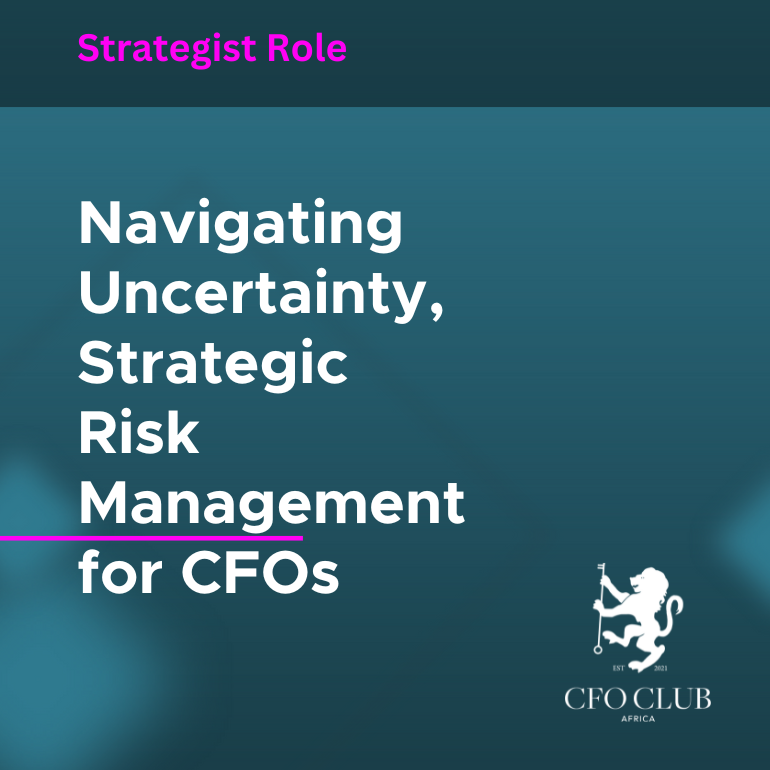Plant to Boardroom: Why Operational Finance Experience is a Strategic Advantage
Plant to Boardroom: Why Operational Finance Experience is a Strategic Advantage
In the race to become CFO, many finance professionals focus on roles that offer visibility. These often include corporate reporting, investor relations, or strategic finance. These positions bring exposure to the executive team and are closely aligned with the top end of the business.
However, one of the most powerful and often overlooked pathways to strategic finance leadership is through operational finance. This includes roles in manufacturing plants, warehouses, logistics centres, and service operations. These environments may not appear glamorous, but they develop the kind of insight that cannot be taught in boardroom-only careers.
Professionals who progress from plant to boardroom bring with them something rare. They understand how the business works in real life, and that experience transforms how they lead when they eventually take on executive responsibilities.
Numbers Need Context to Be Useful
Finance teams are trained to work with outputs such as reports, forecasts, ratios, and financial models. These are essential tools, but they do not tell the full story on their own. When used without context, they can result in decisions that overlook operational reality.
Operational finance provides that missing link. It places finance professionals where value is created and where problems first appear. This includes managing input costs, measuring production efficiency, or responding to real-time changes in operations. These roles offer direct exposure to the real-world forces behind the numbers.
When a CFO has operational experience, they are able to challenge data from a position of understanding. They can ask sharper questions, spot inconsistencies quickly, and link financial insights to operational performance. This makes their strategic input far more valuable.
Strategic Thinking Begins at Ground Level
CFOs are expected to contribute to strategic decisions, from capital investment and resource planning to risk management and growth strategy. The strength of this contribution depends on how well they understand the business beyond the finance function.
Finance professionals with operational backgrounds bring an added layer of perspective. They understand that cutting costs in one area might create risk in another. They know that reducing stock levels may look efficient on paper but can damage fulfilment if lead times are misunderstood.
This ability to anticipate second-order effects comes from having worked in the engine room of the business. It is not theoretical. It is practical experience that gives them confidence to influence broader strategy and engage credibly with operations, HR, marketing, and supply chain teams.
From Information to Insight
A key shift in finance leadership is moving from reporting on performance to shaping it. This transition becomes far more effective when the finance professional has already spent time understanding how performance is driven.
Operational finance roles help develop this skill. Professionals learn to identify the underlying drivers of cost, margin, throughput, and quality. They become fluent in operational language and can convert financial information into actionable business insights.
By the time they move into leadership roles, they are not simply repeating financial data. They are explaining what it means, why it matters, and what to do next. This shift from being a scorekeeper to becoming a trusted advisor begins on the ground, not in the boardroom.
Credibility is Earned, Not Given
Leadership is built on trust. People follow those who have taken the time to understand their challenges and who do not make assumptions from a distance.
Working in operational finance helps build this trust. It requires close collaboration with team leaders, technicians, procurement teams, and logistics personnel. It creates a track record of being dependable, solutions-focused, and easy to work with.
When a finance professional with this background enters the boardroom, they bring credibility. Their insights are not abstract. They are informed by real experience. This gives them influence that cannot be replicated by someone who has only operated at head office level.
A Sharper Sense of Risk
Operations involve risk. These risks include safety issues, supplier failures, system breakdowns, customer complaints, or compliance concerns. Finance professionals who work in these settings gain a sharper awareness of what can go wrong and how quickly it can escalate.
This risk awareness is a major asset in executive decision-making. A CFO who has worked in operational settings is more likely to ask the right questions, identify weak controls, and respond quickly when problems emerge.
They are also better positioned to build effective internal controls, because they understand how to balance risk reduction with operational feasibility. They can develop processes that are strong enough to protect the business, but not so rigid that they slow it down.
Commercial Acumen Comes from Exposure
Operational finance develops commercial awareness in a way few other roles can. Professionals in these positions see how pricing affects demand, how delivery delays affect cash flow, and how procurement terms affect margins.
This exposure sharpens commercial judgement. It helps finance professionals connect the dots between operational decisions and financial performance. By the time they move into strategic roles, they can advise on everything from customer profitability to working capital efficiency with a level of confidence grounded in experience.
This makes them not just strong finance leaders, but strong business leaders.
Developing Well-Rounded CFOs
The boardroom does not need more finance specialists. It needs finance leaders who understand how the entire business works. It needs CFOs who can engage with strategy, manage risk, support operations, and drive performance, not in theory, but in practice.
Operational finance roles develop these abilities. They stretch professionals in ways that corporate finance roles often do not. They develop communication skills, adaptability, and resilience. They teach you to work with limited data, to influence without authority, and to stay calm when things go wrong.
These are the leadership muscles that make a difference at the top level.
Final Reflections
The journey from plant to boardroom is not only possible. It is often the most effective way to develop the kind of CFO that today’s businesses need.
Professionals who have worked in operational finance bring with them a deep understanding of how value is created, how teams work, and how real business decisions are made. They are grounded, practical, and respected.
In a finance world that sometimes prizes polish over substance, operational experience offers something real. It gives you insight, credibility, and judgement that no dashboard alone can teach.
If you are looking for your strategic advantage, it might not be in your next role. It might be in the work you are already doing, closer to the ground, and closer to the truth.





